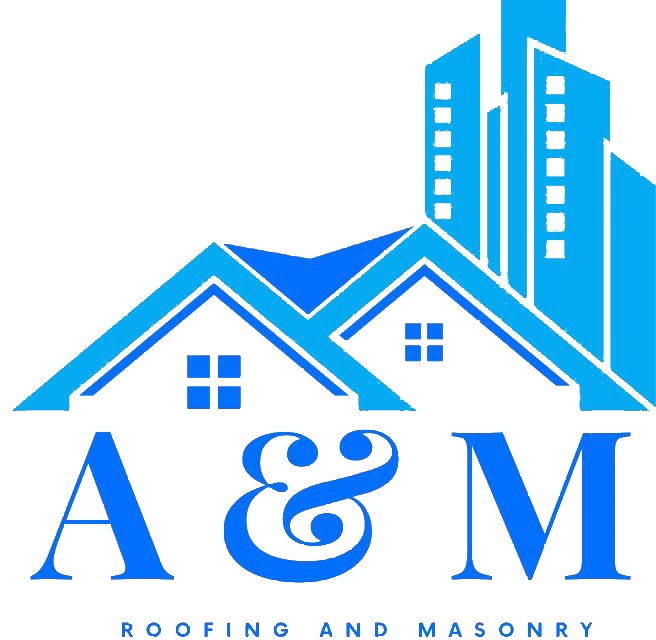Frequently Asked Questions
What roofing materials work best in Illinois weather?
Metal, slate, and TPO roofing systems perform exceptionally well in Illinois due to their durability against snow loads and temperature fluctuations. Asphalt shingles and rubber modified bitumen also offer reliable protection for Chicago-area properties. At A & M Roofing Masonry Corp., we select materials based on your specific building type and local climate conditions.How quickly can emergency roof repairs be completed?
Emergency roof repairs are available 24 hours a day with immediate response for urgent situations like storm damage or active leaks. Most emergency repairs can be completed within hours to prevent further water damage. A & M Roofing Masonry Corp. provides comprehensive inspections alongside emergency repairs to identify any additional issues.What's the difference between TPO and modified bitumen roofing?
TPO is a single-membrane system offering excellent energy efficiency and UV resistance, while modified bitumen provides multi-layer protection with superior waterproofing. TPO works well for newer commercial buildings, whereas modified bitumen suits older structures needing enhanced leak protection. Both materials perform reliably in Oak Park's variable climate conditions.When should you replace versus repair a roof?
Replace your roof when damage covers more than 30% of the surface or when multiple leaks indicate widespread deterioration. Repairs work best for localized damage, missing shingles, or minor storm impacts. A & M Roofing Masonry Corp. conducts comprehensive inspections to determine whether repair or replacement offers better long-term value.How does insurance claim processing work for storm damage?
Insurance claim processing involves documentation, damage assessment, and direct communication with your insurance company to streamline approval. Most claims require professional inspections and detailed repair estimates for successful processing. A & M Roofing Masonry Corp. works with all major insurance companies to facilitate smooth claim completion and project approval.What factors affect commercial roofing project costs?
Building size, material selection, roof accessibility, and existing structural conditions significantly impact commercial roofing costs. Flat roof systems and silicone coatings typically cost less than complex multi-level installations. Project management requirements and quality assurance protocols also influence final pricing for large-scale commercial projects.How long do different roofing materials last?
Metal and slate roofing can last 50-100 years, while TPO and modified bitumen typically provide 20-30 years of reliable service. Asphalt shingles generally last 15-25 years depending on weather exposure and maintenance. At A & M Roofing Masonry Corp., we help clients choose materials that balance longevity with budget considerations.Can silicone coatings extend flat roof lifespan?
Silicone coatings can extend flat roof lifespan by 10-15 years when applied over structurally sound existing systems. These coatings provide excellent UV protection and seamless waterproofing for commercial flat roofs. They work particularly well as cost-effective alternatives to complete roof replacement on industrial properties.What preparation is needed before roof installation?
Roof installation requires structural inspection, material delivery coordination, and weather planning to ensure optimal conditions. Property protection measures and debris removal planning are essential for smooth project completion. A & M Roofing Masonry Corp. handles all preparation details including permits and safety protocols for residential, commercial, and industrial projects.Do commercial roofs require different maintenance than residential?
Commercial roofs require more frequent inspections due to larger surface areas, HVAC equipment, and drainage complexity. Flat commercial systems need regular membrane checks and drain cleaning, while residential roofs focus on shingle and gutter maintenance. Professional maintenance schedules help prevent costly emergency repairs on both property types.
